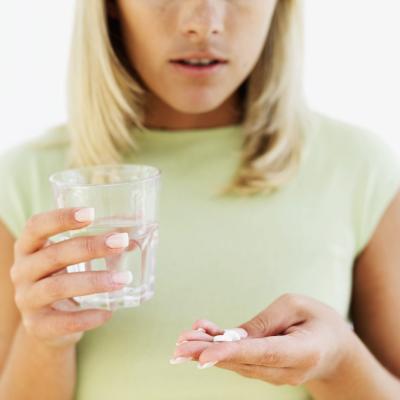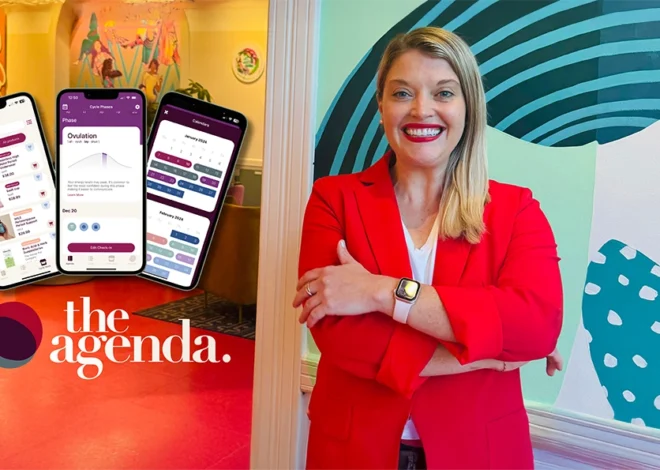Beware of prescription drugs if you are younger than 65, have a history of depression, have abused drugs in your past and use any sort of psychiatric medication. If you fall into all four of those categories, you have a 26 percent chance of becoming addicted to prescription drugs, according to the U.S. National Library of Medicine.
About Painkillers
Opioids, which include morphine, hydrocodone, oxycodone and codeine, are the worst for addiction problems because they affect the pleasure regions of the brain. The patient feels euphoria while using the drug, and repeated use can lead to addiction. On the other hand, pain relievers work for treating many health conditions. The problem stems when responsible use turns to addiction.
Treatment for Painkillers
If you have slipped from using to abusing painkillers, you can overcome your addiction. Typically, the first step is medically supervised detoxification. After that, you must learn to modify your behavior. This usually works best when combined with medications to help relieve cravings, such as methadone, buprenorphine, naltrexone or naloxone.
Depressants
Another prescription medication that people become addicted to is depressants used to combat anxiety or sleep disorders. If you’ve been using depressants, such as barbiturates or benzodiazepines, for a prolonged period, you will have withdrawal symptoms when you try to stop. Seek medical treatment. Your doctor may suggest you try cognitive-behavioral therapy, which helps you to modify your thinking and behavior and teaches you better life skills to deal with your stress, to get off these drugs.
Stimulants
People become addicted to prescription stimulants, such as Adderall and Dexedrine, too. Stimulants increase your energy, but also get you high by making you feel euphoric. Too much stimulant use leads to hostility and paranoia in the user. There are no proven treatment methods for prescription stimulant addiction, but the treatments for cocaine and methamphetamine addiction can be effective, according to the National Institute on Drug Abuse. That method consists of slowly decreasing the drug’s dosage, combined with behavioral therapy.
Your Doctor’s Role
If your doctor prescribes any type of prescription medication, you must learn how to use your medication responsibly and what the side effects are. Also, be upfront with your doctor about any other medications you take, including prescription medication, over-the-counter medication or supplements. Any medication you take can interact badly with your new prescription drug. A responsible doctor will screen you for risk factors prior to prescribing a drug for you and will be suspect of too many refill requests.
Get Help
You can find treatment centers online by contacting the Substance Abuse and Mental Health Services Administration or the the American Academy of Addiction Psychiatry. You can also get help by asking your doctor.





